Dealing with a leaking AC unit can be frustrating, especially during the warmer months in Dallas. Not only does a leak make things uncomfortable, but it also ramps up energy bills. When the cool air you expect from your AC drips away instead of circulating around your home, it’s clear a fix is necessary. Addressing these leaks promptly prevents unnecessary hikes in costs and avoids further damage to your unit.
Timely AC repairs in Dallas are essential for keeping your cooling system in top shape. When left unchecked, a seemingly minor leak can spiral into significant issues. Water damage might occur, mold can develop, or critical components may fail. By identifying and fixing leaks quickly, you ensure your AC operates efficiently, keeping your home comfortable without unexpected surprises.
Identify the Source of the Leak
Pinpointing the exact source of an AC leak is crucial for a successful fix. AC units often leak from specific areas, each of which can be visually checked for issues. Let’s explore the common problem spots.
– Drain Pan: This is the catch-all for condensation from the evaporator coils. If you see water pooling around your unit, the drain pan might be cracked or rusted.
– Refrigerant Lines: Look for any wet spots around these lines. If they’re damaged, they might leak, causing a drop in the efficiency of your AC.
– Condensate Drain Line: This line channels away the water collected from the evaporator coils. A blockage here can cause water to back up and leak.
To thoroughly inspect these areas, turn off your AC unit. Doing so prevents any electrical risks and allows you to explore without interference. Start by removing the access panel of the AC unit to access the inside components. Check each area carefully, looking for water accumulation or signs of wear and tear. Sometimes the puddle of water is a helpful hint, leading you to the leak’s origin. Remember, even if you identify the source, fixing it might require more than a DIY approach. For complex issues, seeking professional help ensures the job gets done right, without further complications.
Common Causes of AC Leaks
Understanding what leads to AC leaks can help you tackle the problem effectively. Here are some typical reasons your AC might be leaking:
– Clogged Condensate Drain Line: This is often the most common cause of leaks. Over time, dirt, dust, and mold can block the drain line, forcing water to back up and out of the unit.
– Damaged Drain Pan: As units age, the drain pan can rust or crack, leading to leaks. Newer units might face this problem if they’ve had excessive wear.
– Low Refrigerant Levels: When the refrigerant is low, the pressure in your AC unit drops, which can cause the evaporator coil to freeze and eventually melt into a puddle around the unit.
– Frozen Evaporator Coils: If the airflow across the evaporator coils becomes restricted, it might cause the coils to freeze. Once they thaw, the water can overflow the drain pan.
Knowing these causes makes it easier to diagnose the problem quickly. Each issue requires a different approach, so knowing what you’re dealing with helps decide your next steps effectively.
Fixes You Can Try at Home
For some homeowners, addressing minor AC issues themselves can be satisfying and save time. Here are a few things you can try safely at home:
1. Clear the Condensate Drain Line: If you suspect a blockage, using a wet/dry vacuum on the exterior opening of the drain line can help clear minor clogs. Make sure the unit is off before starting work.
2. Inspect the Drain Pan: You can check the drain pan visually with a flashlight. If it’s cracked or corroded, replacing it might require professional help due to the parts involved.
3. Check the Air Filter: Often overlooked, a clogged air filter restricts airflow, leading to freeze-ups. Replacing a dirty filter is a simple and effective fix you can handle on your own.
It’s crucial to proceed with caution: always prioritize safety. If you encounter issues beyond these simple fixes, contacting a professional is your best option. Handling complex repair jobs can prevent further damage and ensure everything works properly in the long run.
When to Call a Professional
Sometimes, AC issues extend beyond what you can fix at home. If you notice persistent leaks or face multiple problems at once, it’s wise to bring in an expert. Here are a few situations where professional help becomes necessary:
– Continuous Leaks: If the leak persists despite trying the easy fixes, a deeper problem may be involved, requiring special tools and expertise.
– Complex Repairs Involving Refrigerant: Refrigerant issues can affect the entire cooling system and handling them improperly might lead to further damage or safety hazards.
– Unusual Noises or Smells: Strange sounds or odors from the unit signal something is wrong, and an expert can diagnose and repair these unexpected issues accurately.
Enlisting qualified help ensures the AC gets a precise evaluation and the leak is fixed right the first time. This not only protects your home from damage but also extends the life of your AC unit, guaranteeing efficient operation through those hot Dallas days.
Wrap-Up on AC Leak Fixes
Prompt attention to leaking AC units maintains comfort in your Dallas home and keeps energy bills manageable. Through simple at-home inspections and fixes for minor problems, you might save effort and money. Yet, don’t hesitate to reach out for experienced help with persistent or complex issues. Skilled professionals diagnose problems accurately and propose long-lasting solutions, securing your home’s comfort efficiently.
Don’t let a leaking AC disrupt your comfort and pile up your energy bills. For thorough, reliable solutions, trust Spire Heating and Air Conditioning to handle AC repairs in Dallas. Our team is ready to keep your system running smoothly so you can enjoy a comfortable home environment every day.


